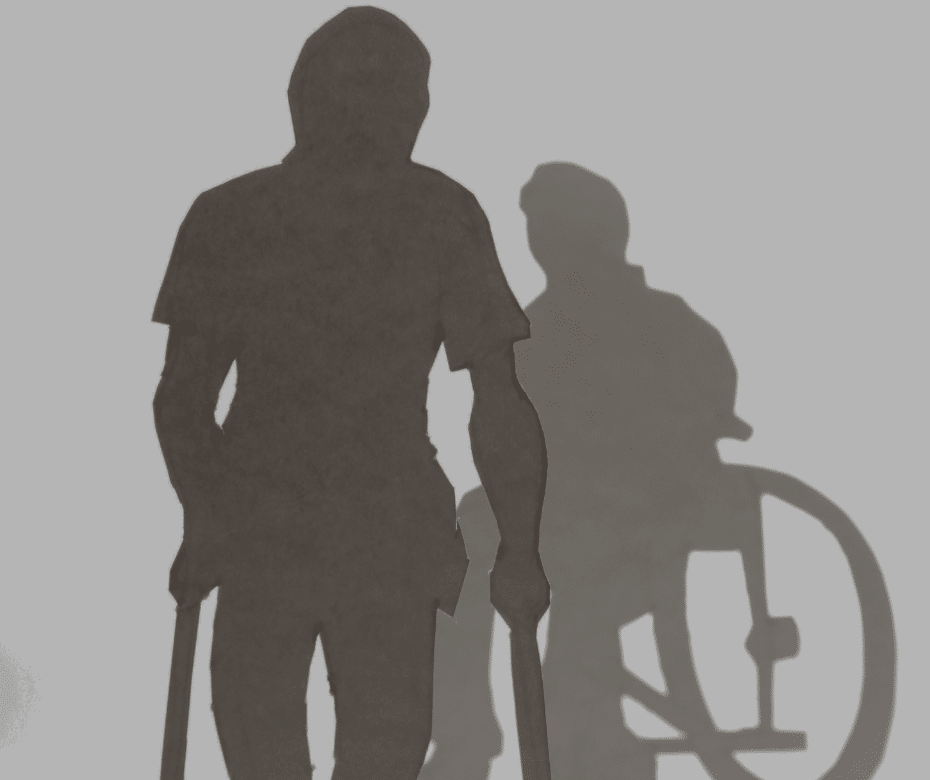Call Us At 519.672.5666
Insights & Articles
Unraveling the Mysteries of CPP Disability Denials

Applying for the Canada Pension Plan Disability (CPP D) can be a complex and challenging process. Unfortunately, many individuals find themselves facing denials, leading to frustration and uncertainty about their financial future. In this blog, we’ll explore some of the most common reasons for CPP Disability denials, shedding light on the intricacies of the application process.
1. Insufficient Medical Evidence
One of the primary reasons for CPP D denials is often inadequate medical documentation. The application requires thorough and up-to-date medical evidence that clearly supports the claimant’s inability to work due to a severe and prolonged disability. Incomplete or vague medical records can lead to skepticism from adjudicators, resulting in a denial.
Tip: Ensure that your medical records explicitly detail your diagnosis, treatment history, functional limitations, and the impact of your disability on daily activities.
2. Lack of Supporting Documentation
Aside from medical evidence, applicants must provide other supporting documentation, such as employment history, education, and information about attempts to return to work. Failing to submit all required documents or providing inconsistent information may raise red flags during the evaluation process.
Tip: Double-check the CPP D application checklist to ensure you’ve included all necessary documents and that the information is consistent throughout.
3. Failure to Meet Contributory Requirements
CPP D is contributory, meaning applicants must have made sufficient contributions to the Canada Pension Plan during their working years. Some denials occur when individuals do not meet these contribution requirements. It’s crucial to review your contribution history and assess your eligibility before applying.
Tip: Obtain your Canada Pension Plan Statement of Contributions to confirm your eligibility and ensure accurate reporting of your contribution history.
4. Incomplete Application Forms
A seemingly straightforward reason for CPP D denials is incomplete or incorrectly filled-out application forms. Missing information or errors can result in delays or denials, as adjudicators rely on accurate details to assess the claim.
Tip: Take your time to carefully fill out the application forms, seeking assistance if needed, and review them before submission.
5. Inadequate Explanation of the Impact on Daily Activities
The CPP D application requires applicants to describe how their disability affects their ability to perform daily activities and work-related tasks. Providing a vague or insufficient explanation of these impacts may lead to denials.
Tip: Clearly articulate how your disability hinders your ability to perform various activities, both at home and in a work setting, to help adjudicators understand the severity of your condition.
Conclusion
Navigating the CPP D application process can be challenging, but understanding the common reasons for denials can empower applicants to strengthen their cases. By ensuring comprehensive and accurate documentation, meeting contributory requirements, and articulating the full impact of their disabilities, individuals can increase their chances of a successful CPP D application. Seeking guidance from disability advocates or legal professionals can also be valuable in navigating this complex process.
This article was written by Personal Injury Lawyer, Catherine Shearer. For additional information, please do not hesitate to contact her at catherine.shearer@mckenzielake.com or visit her Instagram page @guelphinjurylawyer.
If you require assistance with any Personal Injury matter, speak to a Personal Injury Lawyer at McKenzie Lake Lawyers LLP by calling (519) 672-5666.

